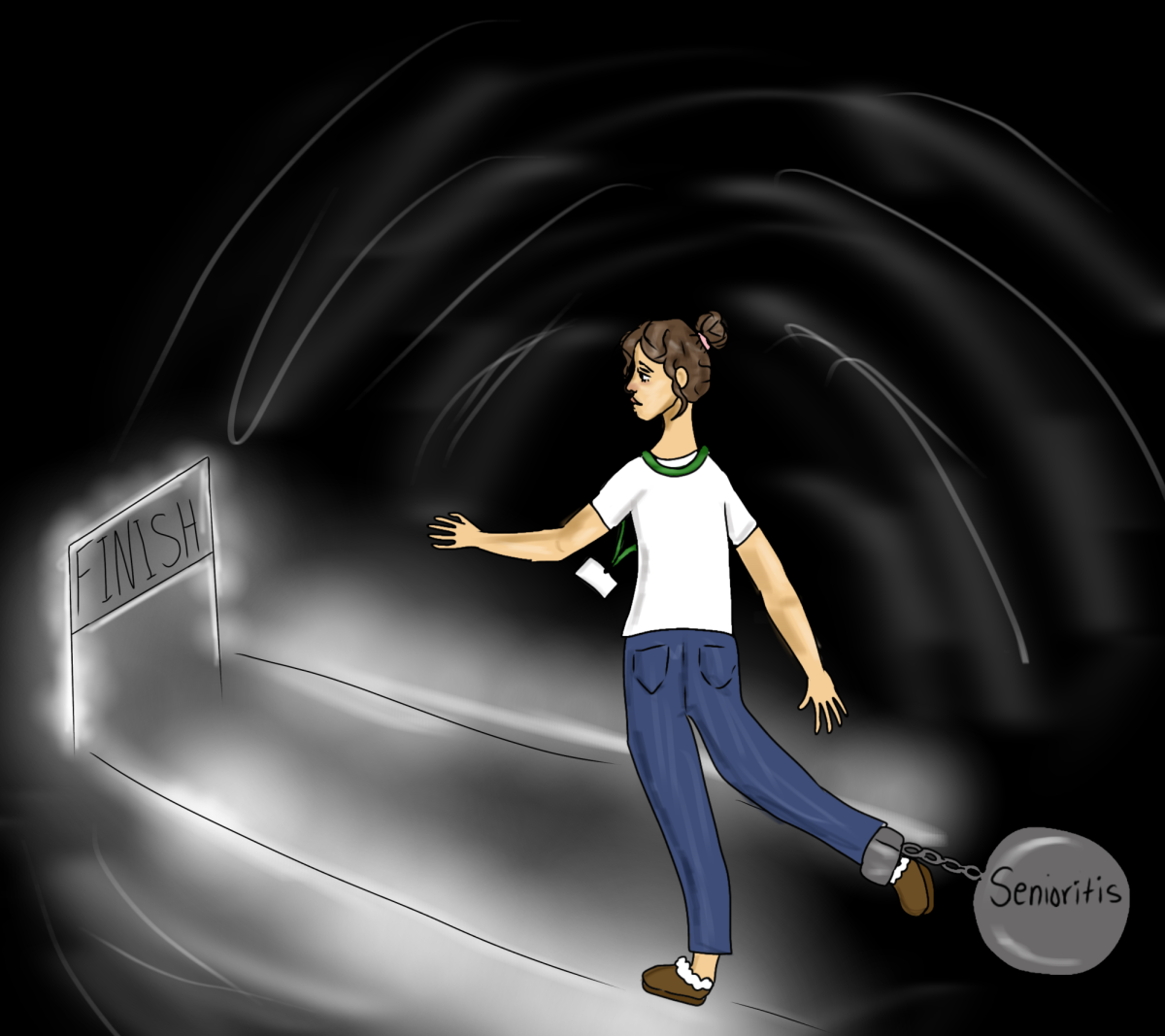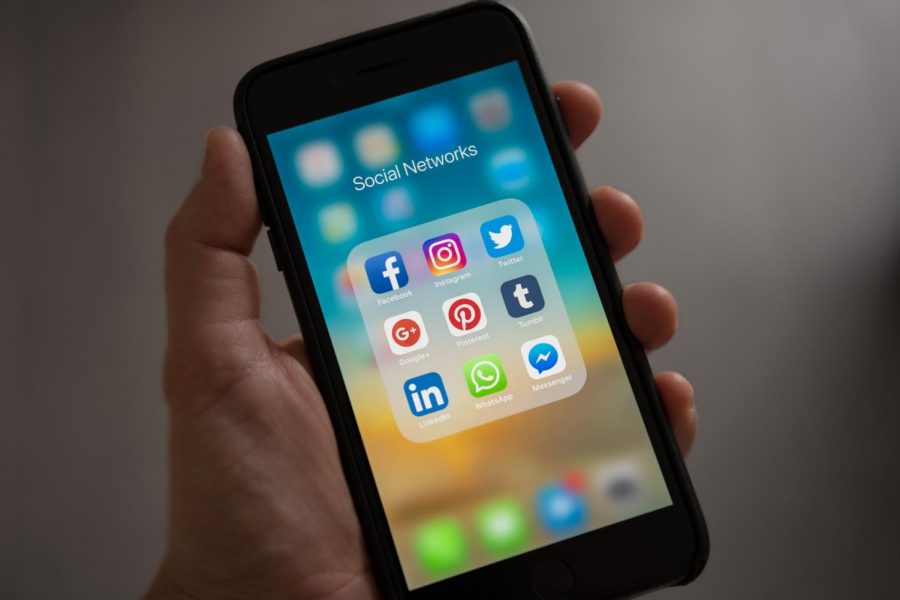Unplugged
Parents, teachers, and students alike are divided over the topic of cell phones in the classroom. Many teachers use phone cubbies to keep students’ phones during class time to prevent their usage. Others take the phones or even turn them off for the class. No matter what the principle is, phones have been an ongoing debate and are almost impossible to find a solution to.
Many say that cell phones are beneficial to the classroom and help students and teachers connect. Though cell phones could potentially help in class, they allow students to easily cheat on quizzes and tests, so it is far more difficult to uphold the honor system. “There is a temptation when you have your phone on you while you are taking a test,” stated senior Noelle Demasi. “It is unfair for the students who would not have this same ‘advantage.’” It is also hard to know if the teacher’s lesson will be retained since phones are so distracting.
In July, California passed a law that gave schools the power to prohibit phones during school, excluding emergencies and other urgent events. This allows schools to get rid of distractions and create an environment where students can disconnect and grasp the information they are being taught.
Others claim that taking away phones is a safety concern. There is no doubt that students will need their phones for emergencies, sudden news, and other important notifications, but there are other ways to contact students in a time of need. For example, parents can call schools to contact their children.
Another solution is to keep students’ phones in cubbies, so students can easily grab them in case of emergency. Math teacher Mary Jean LaMarca said this is “one of the best things” she has ever done. “Now students are not looking at their phones during class, and they are not going to the bathroom to use their phones. It also takes away the possibility of looking for answers during a test,” she added.
There are many adverse effects of cellphone usage in class. “Away for the Day” is an organization founded by physician Delaney Ruston, whose goal is to create schools into cell phone-free spaces. Ruston reported that “75% of teachers reported that the attention spans of students have decreased, and 62% of college students not using their phones scored higher on multiple-choice tests.”
Without cell phones, students are more inclined to talk to others for entertainment, increasing sociability. This forces students to look around and absorb their environment. Students notice new things and will maybe even find a new side to themselves, instead of being buried in a screen.
Cell phones in class act as a crutch for students to fall back. They enable cheating, distractions, and lower attention spans, not to mention the reliance teenagers have on their phones today. Pew Research Center found that “54% of U.S. teens say they spend too much time on their cellphones, and two-thirds of parents express concern over their teen’s free time.”
Senior Alana Renee said, “I use my phone about seven hours a day for homework, social media, communication, and more.”
Cell phones do not need to be banned from school, but students should not be allowed as much freedom when using them in class. Phones during test time enable students and ultimately diminish student’s capability to learn and grasp new information. With cell phones out of classrooms, students can engage their minds more and socialize with their classmates.

I am a member of the Class of 2022 at LHS. I love to draw and paint. I look forward to contributing and writing articles for Horizon.







































